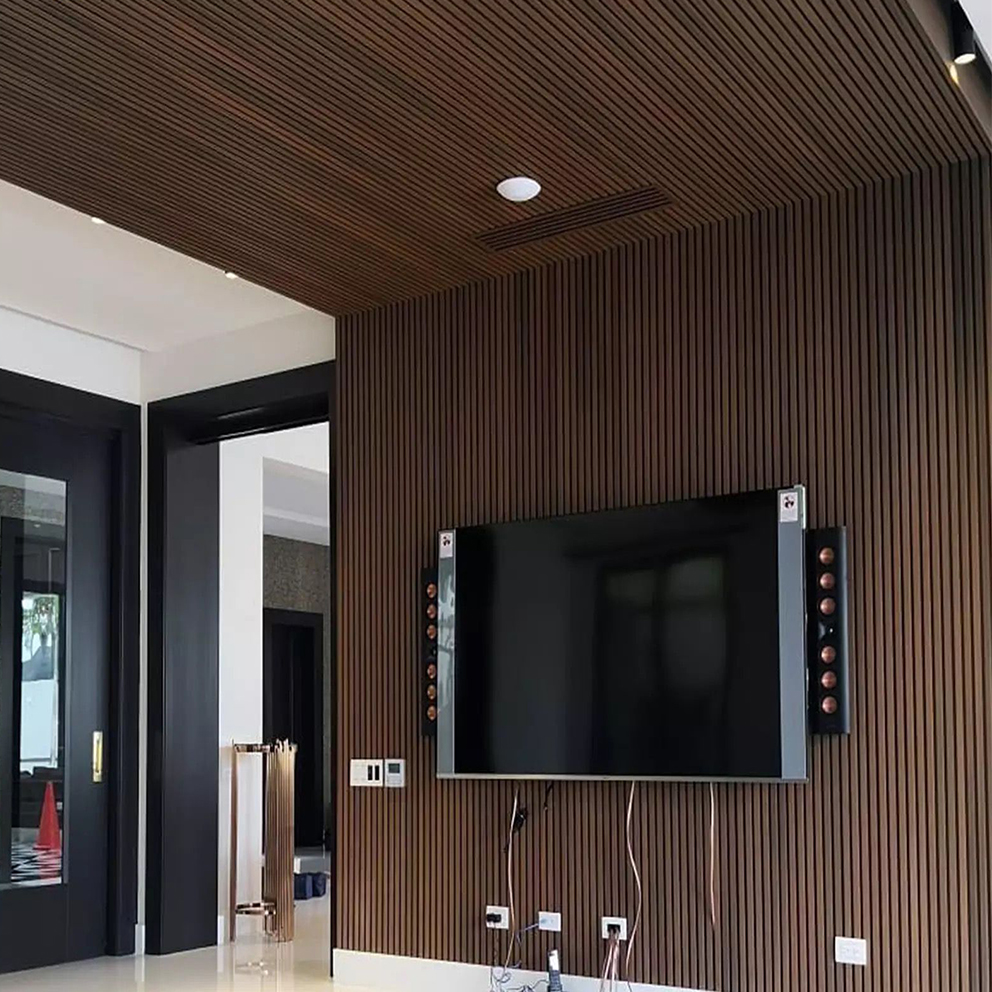Trusted Plumbing Solutions in San Jose and Fremont

When a plumbing emergency strikes, fast action is essential to prevent damage and costly repairs. That is why sanjoseemergencyplumbers.com is a trusted choice for residents and businesses looking for immediate, professional plumbing assistance. From burst pipes and overflowing toilets to severe leaks and water heater failures, emergency plumbers are trained to respond quickly and efficiently. Having access to skilled local professionals ensures that problems are resolved the first time correctly, minimizing disruption and restoring safety and comfort to your property.
Local Expertise for Fremont Homes and Businesses
Homeowners and business operators in Fremont benefit greatly from reliable local plumbing services, and https://fremontplumbers.net/ plays a vital role in meeting those needs. Fremont’s mix of older homes, modern developments, and commercial buildings means plumbing systems can vary significantly. Local plumbers understand these differences and are equipped to handle everything from routine maintenance to urgent repairs. Their familiarity with city regulations, water systems, and common plumbing issues allows them to deliver solutions that are both effective and compliant.
Why Choosing Local Plumbers Makes a Difference
Local plumbers offer advantages that national chains often cannot match. Quick response times are one of the most important benefits, especially during emergencies where every minute counts. A nearby plumber can arrive faster, assess the situation promptly, and begin repairs before damage escalates. In addition, local professionals build their reputation within the community, which means they are often more committed to quality workmanship and customer satisfaction.
Another key benefit is their understanding of regional plumbing challenges. In the Bay Area, issues such as hard water buildup, aging pipes, and seismic considerations are common. Experienced local plumbers are familiar with these conditions and know how to address them using proven methods and appropriate materials.
Common Plumbing Services Offered
Professional plumbing services cover a wide range of needs for both residential and commercial clients. Some of the most common services include leak detection, drain cleaning, pipe repair, and water heater installation. Hidden leaks can quietly cause structural damage and increase water bills, while clogged drains can lead to backups and unsanitary conditions if not addressed promptly.
Plumbers are also responsible for installing and maintaining fixtures such as sinks, faucets, toilets, and showers. Their training ensures that installations meet safety standards and function efficiently. To learn more about the plumbing profession, including training requirements and job responsibilities, you can explore this helpful resource from the U.S. Bureau of Labor Statistics.
Warning Signs You Need Immediate Plumbing Help
Certain signs indicate that you should call a plumber without delay. Water stains on walls or ceilings, unexplained increases in water bills, low water pressure, and unusual noises in pipes are all red flags. Sewage odors or slow drains throughout the house may point to more serious underlying issues. Addressing these problems early can prevent extensive damage and higher repair costs.
The Value of Preventive Plumbing Maintenance
Preventive maintenance is one of the most effective ways to avoid plumbing emergencies. Regular inspections allow plumbers to identify small issues before they become major problems. Maintenance services may include flushing water heaters, checking for corrosion, testing pressure valves, and inspecting pipes for early signs of wear.
By investing in routine maintenance, property owners can extend the life of their plumbing systems, improve efficiency, and reduce the likelihood of unexpected breakdowns. This proactive approach not only saves money but also provides peace of mind.
How to Choose the Right Plumbing Service
Selecting the right plumber involves more than just comparing prices. It is important to look for licensed and insured professionals with positive customer reviews and clear communication practices. Reputable plumbers provide transparent estimates, explain repair options, and stand behind their work with service guarantees. Local companies serving San Jose and Fremont are often well-reviewed because they rely on long-term relationships within the community.
Conclusion
Plumbing systems are essential to everyday comfort and safety, and problems can arise without warning. Having dependable local plumbers ensures that emergencies are handled quickly and routine needs are met with professionalism. Whether you are dealing with an urgent repair or planning preventive maintenance, trusted plumbing services in San Jose and Fremont help protect your property and keep everything running smoothly.





